

His name was Noruk the Assassin. When we first met, he lodged an arrow in my chest and left me for dead. This was the start of many more of my own deaths--me typically getting an explosive arrow to the neck, him getting one promotion after another for repeatedly slaying the deathless Gravewalker (that's me). But when I finally killed him and his lackeys after more than a dozen failed attempts, it felt like a part of me had died. Just as Batman and the Joker give each other purpose, Noruk's presence in Mordor was a constant reminder of my struggle to get revenge on the Uruk. Without my diametric opposite, I felt weaker.
Middle-earth: Shadow of Mordor is an outstanding action game, offering a satisfying mix of stealth and melee combat that series like Assassin's Creed or Batman: Arkham have perfected. But the Nemesis system, which cleverly makes enemies grow and evolve along with the player, is what elevates Shadow of Mordor into the upper echelons of open-world excellence. Every time you die, it's personal.
I'll get back to the antagonists, but let’s talk good guys for a second. You play as Talion, a Ranger (think Aragorn) who's dead before the game even starts, forced to watch his wife and son get their throats slit before getting the same treatment. But fate gives Talion a chance for revenge when an ancient Wraith binds himself to the Ranger's corpse, giving him the gift of immortality and super awesome ghost-powers (complete with glowing blue eyes).
Talion and his live-in phantasm start out as fairly one-dimensional characters. But over the course of the 20-to-30-hour game, you'll grow to enjoy their banter, which is equal parts cynicism and good humor on both sides. And they're not the only denizens of Mordor on a mission: the supporting cast, while small, is made up of some memorable personalities, like Ratbag the turncoat Uruk; Torvin, a self-aggrandizing dwarven hunter; or that scheming imp Gollum himself.
Whether or not you're a diehard Lord of the Rings fan, the sheer amount of lore--woven into the world via collectible artifacts and weapon-centric missions--is staggering. As with most open-world games, these bits of backstory and extra challenge are totally optional, strewn throughout Mordor for those times when you want a quick, enjoyable diversion from your vendetta. Pretty much right from the start, you've got the gratifying freedom to explore the picturesque hillsides, desolate quarries, ominous strongholds, and lush forests of Mordor's two sizeable regions, thinning out Sauron's army however you see fit.
By "thinning out," I mostly mean "brutally killing every Uruk in a 50-mile radius." When it comes to combat, Talion and the Wraith make quite the pair--the former being an expert swordsman and adept throat-slitting assassin, the latter with his ability to slow time and line up precision arrows direct to Uruk skulls and flammable grog caskets. The swordplay is like a much sharper, pointier version of Batman: Arkham's fistfights: free-flowing combat interspersed with counterattack button prompts. The key difference is that instead of simply knocking your opponents out, you are utterly desecrating their leathery bodies like a butcher carving up meat.
Shadow of Mordor is strictly a single-player affair, but there's a cool benefit to playing with an online connection. Whenever the folks on your friends list (or, barring that, random strangers) get killed, you'll receive a Vendetta mission to avenge their death in that same area. Besides giving you a chance at extra rewards, this can offer an intriguing glimpse into the Uruks that are taking your buddies to task.
Now, as far as modern video game excesses go, Shadow of Mordor isn't gratuitously gory. But it's got all the devastating violence that swords, bows, and the giant-dog-like Caragor mounts will allow. Every instance of over-the-top carnage--beheadings, chest-slicing combos, being eaten alive, or taking a blade directly through the forehead--is sold by incredibly convincing animations that feel weighty and impactful. Even the stealth kills are vicious, with the option to brutalize an enemy with multiple stabs to the head, neck, and stomach in order to scare off all his comrades (a ruthless-but-effective tactic for isolating your target). While the savagery of the combat is sure to get your blood pumping, it can be somewhat upsetting to notice the sheer terror in an Uruk's eyes right before you invade his mind and end his life. But then you remember that Uruks are merciless slave-owners bred only for war, and you start to feel a bit better about your countless killing sprees and oil-black bloodshed.
The intricacies of combat could've simply consisted of fights against plain grunts using your supernatural abilities, and Mordor would still be a ton of aggressive fun. But the Nemesis system turns every duel to the death into so much more, giving the villains just as much personality as your hero. Warchiefs and Captains lead the forces of Sauron's army, each one randomly generated from a set of pug-ugly faces, delightfully snide voiceovers, and odd character quirks. Maybe they'll become enraged at the sight of their master's suffering, or run for their lives if you ride into battle atop a Caragor.
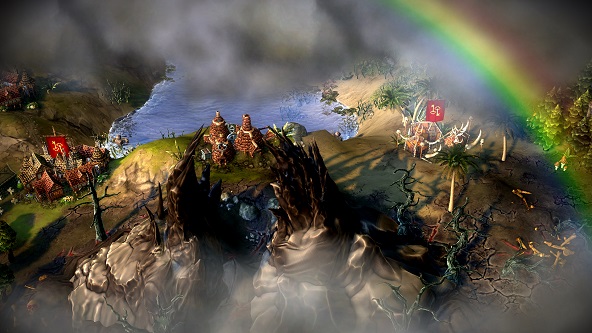
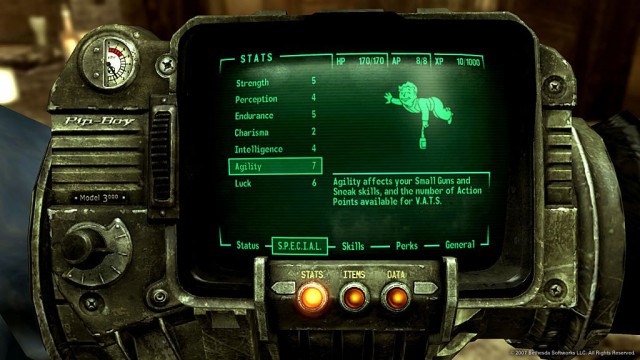
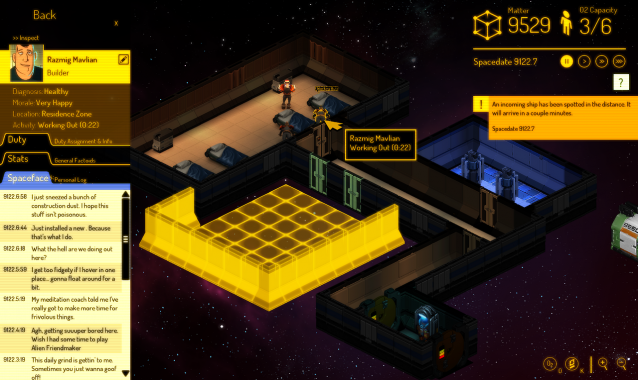
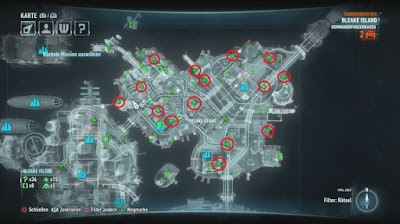
 5 DIY Home Decor Tips With LED Strips and Smart Lights
5 DIY Home Decor Tips With LED Strips and Smart Lights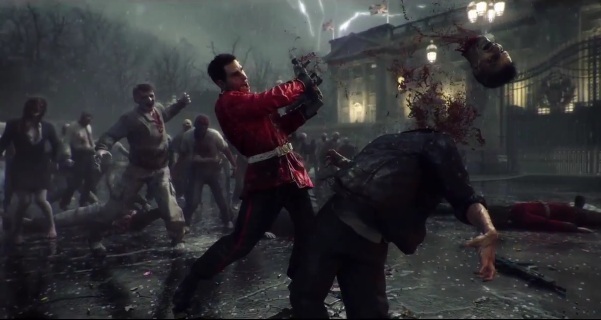 Zombi (PS4): CCTV Junction Box locations - find all security cameras
Zombi (PS4): CCTV Junction Box locations - find all security cameras Disgaea 5: Alliance of Vengeance Wiki – Everything you need to know about the game .
Disgaea 5: Alliance of Vengeance Wiki – Everything you need to know about the game .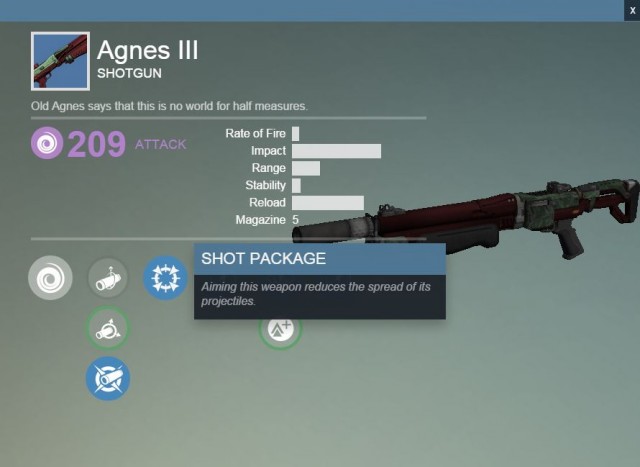 How to get Agnes III Rare Special Weapon, Best Shotgun in Destiny
How to get Agnes III Rare Special Weapon, Best Shotgun in Destiny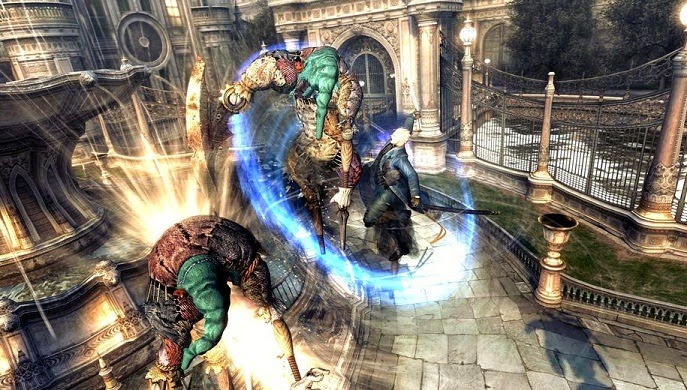 Devil May Cry 4: Special Edition (PC) posters / impressions
Devil May Cry 4: Special Edition (PC) posters / impressions